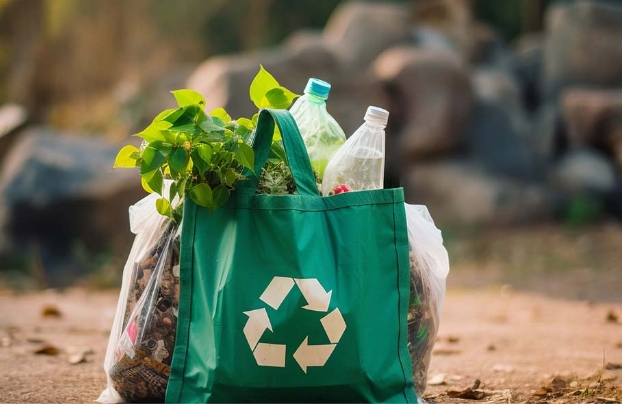Zero Waste
Organic Waste
Left Menu
Organic contents; It has an important place in agricultural, food and animal activities. Animal and plant-based wastes resulting from these processes are biodegradable and offer both a risk to the environment and an opportunity for recycling.
What is Organic Waste?
-
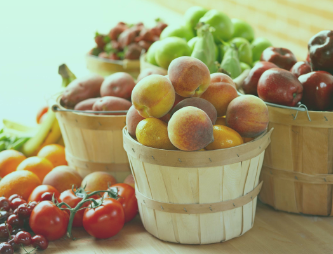
Fruit and Vegetable Waste
-
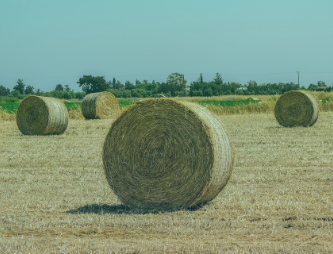
Wheat, Barley and Rye Straw
ZERO WASTE
The Story of Organic Waste
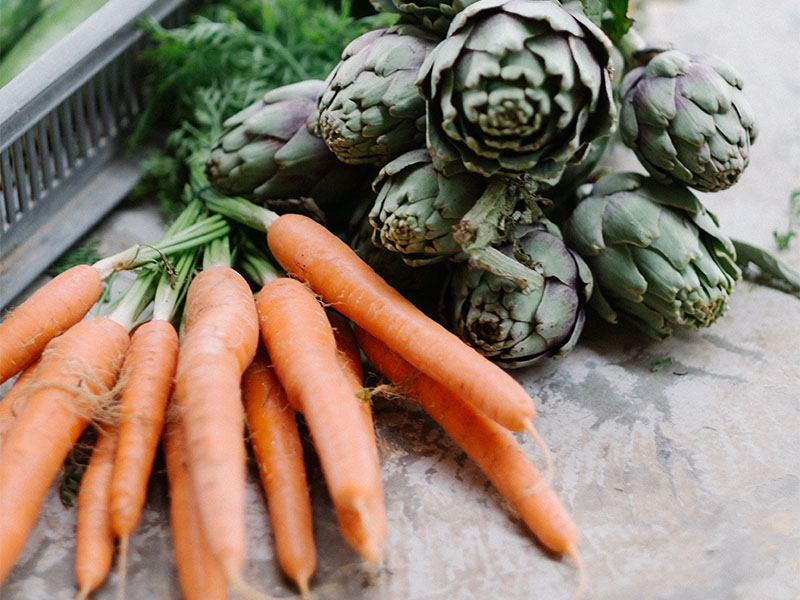 1
1
Natural Resource
Organic waste is obtained directly from biological sources. Plants, animals and microorganisms constitute the main source of this type of waste. It mostly comes from natural processes such as agriculture, food production and garden waste.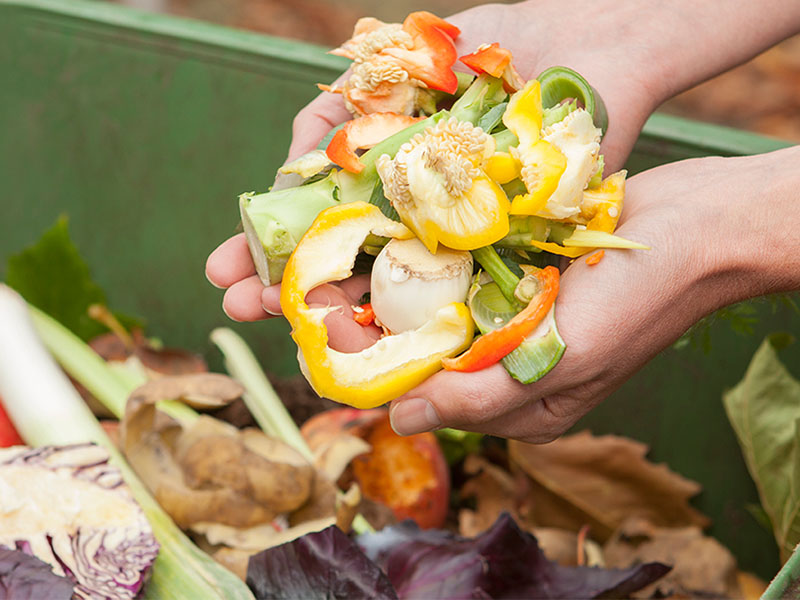 2
2
Raw materials
The raw material of organic waste consists of plant and animal origin substances. Kitchen waste, garden waste, vegetable and fruit peels, fertilizer and animal residues are examples of organic raw materials. 3
3
Where Waste Generates
This type of waste mainly originates from homes, food businesses, restaurants, agricultural areas and the livestock sector. In addition, vegetable and fruit residues collected from marketplaces and green area waste in public areas are also classified as organic waste.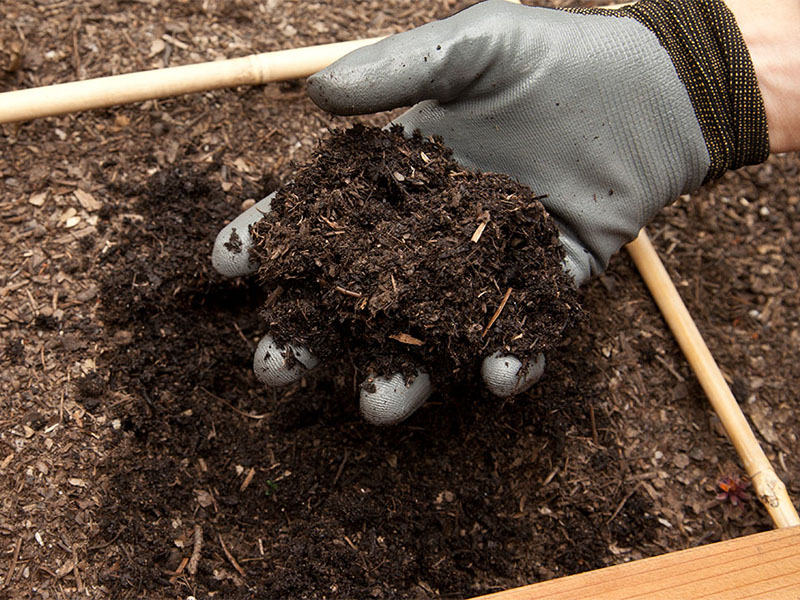 4
4
Product
Organic fertilizer (compost), biogas or energy can be obtained by recycling organic waste. These products are valuable in agricultural activities and energy production.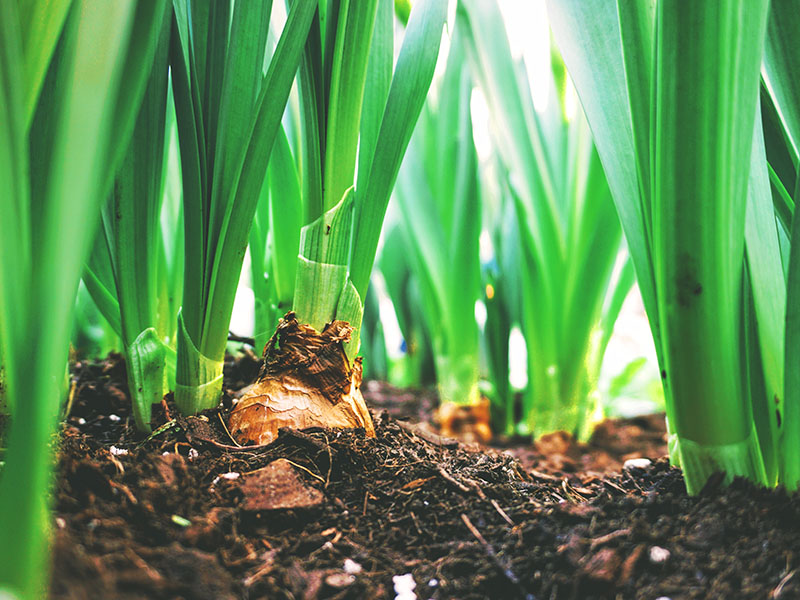 5
5
Effects on the Environment and Human Health
Organic wastes that are left to nature in an uncontrolled manner can contribute to climate change by releasing methane gas. They can also pollute groundwater with leakage water. The bad smell of rotting wastes in the environment also negatively affects human life.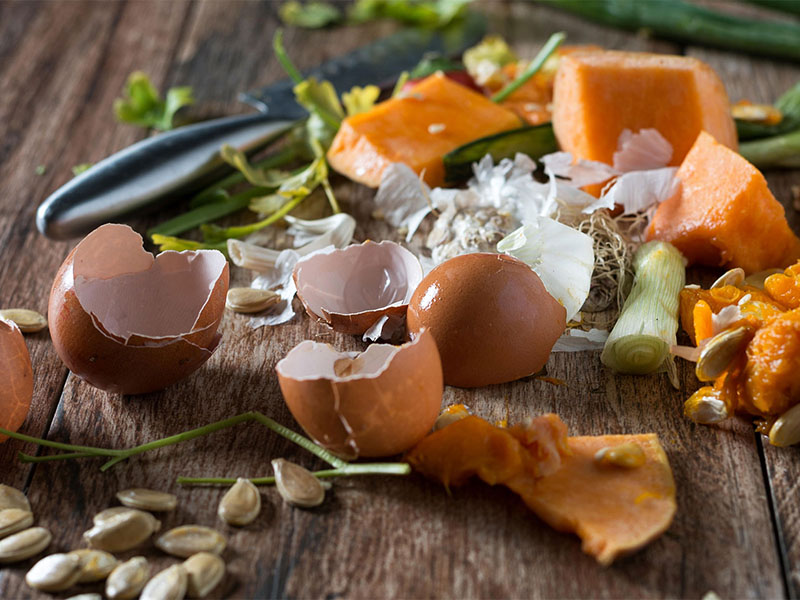 6
6
Methods to be Applied or Not to be Applied
Methods to be Applied: Organic waste can be composted and converted into organic fertilizer. Alternatively, it can be processed in biogas facilities and used as a renewable energy source. Methods Not to be Applied: It is considered as garbage and mixed with other wastes and mixed into the trash can and mixed into nature without being recycled.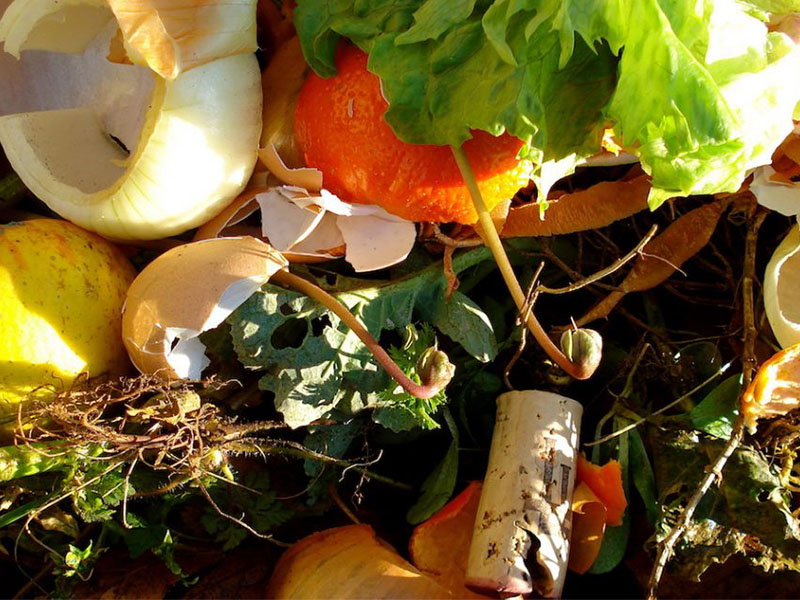 7
7
Places to be Delivered
Organic waste should be delivered to organic waste collection points determined by municipalities or compost and biogas facilities. Individual compost bins can also be used for household organic waste.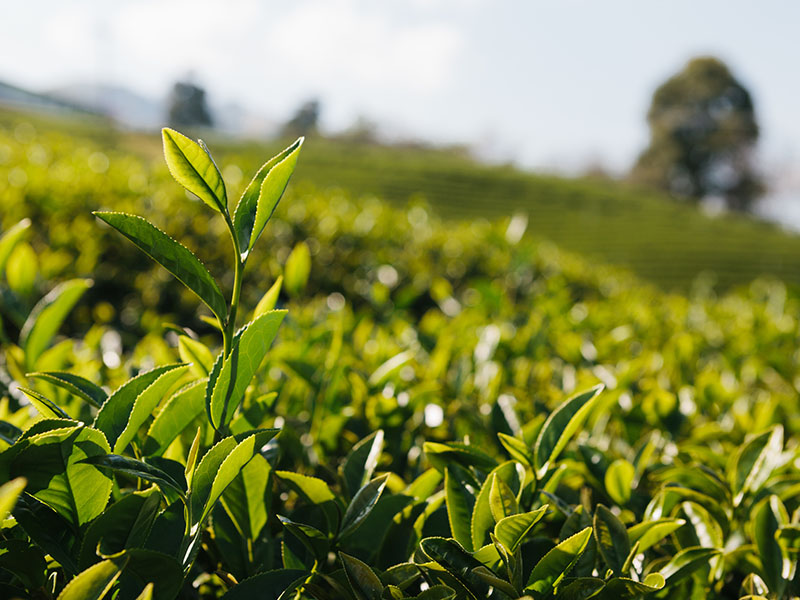 8
8
Recycling
By composting organic waste, a quality fertilizer that can be used in agricultural production is obtained. In addition, it can be converted into an energy source with biogas production and harmful gases that will be released into nature are controlled. This process plays an important role in achieving circular economy goals.From You
Images submitted by citizens related to Organic Waste. You can share your photos with us to be featured here.
KVKK_BILGI_METNI
